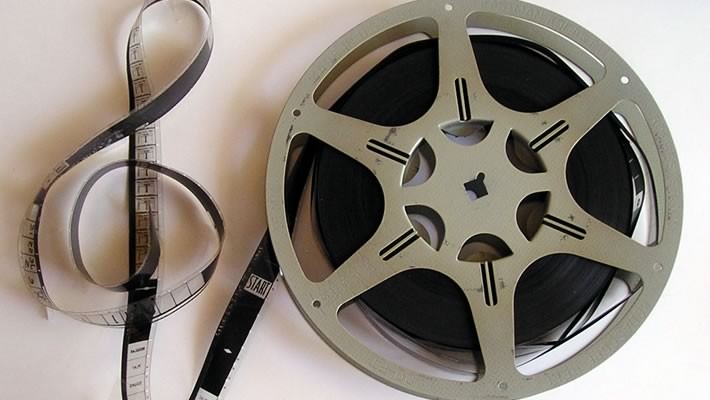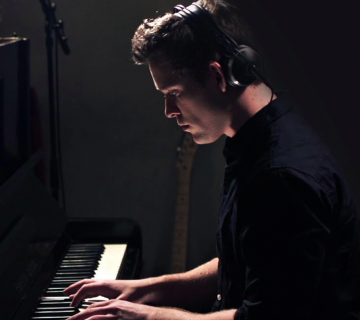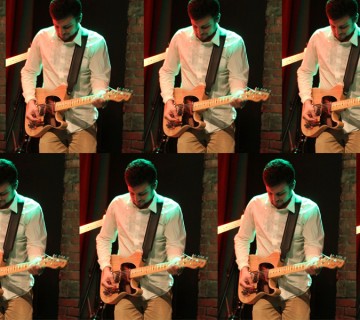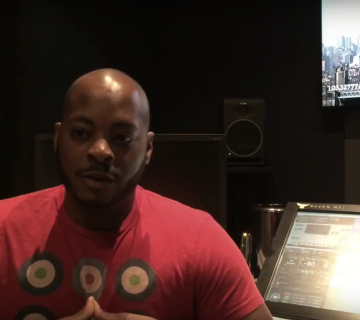 The following is a guest blog by Gabe Medeiros. Gabe is a filmmaker based in the San Francisco Bay Area. He has worked for various productions companies and formerly operated his own.
The following is a guest blog by Gabe Medeiros. Gabe is a filmmaker based in the San Francisco Bay Area. He has worked for various productions companies and formerly operated his own.
Gabe continues to work on films as both an actor, writer, producer, director, and composer.
For many directors, music is the last thing that they think about and it is perhaps one of the areas that many directors know the least about. And that’s fine, especially since that’s why you are ideally working with someone that knows a great deal about music.
Just a few months ago, I scored a short film that a friend of mine had directed. My friend is an excellent filmmaker, but unfortunately he doesn’t know much about music. We had ended up wasting a lot of time in post-production because he wasn’t sure how to let me know exactly what it was that he wanted. As a composer, there are certain things that we want/need to hear from our director – and I’m not just talking about getting a good job and a pat on the back.
Give a frame of reference
Before your collaborator begins recording your score, you should hear yourself say the words: “The kind of style I’m going for is…”
And please be as specific as possible. If you want dissonant anxiety-inducing music and you don’t let your composer know what that means to you, you could end up with the most lovely sounding piano ballad you’ve ever heard. A good way to let your composer know what you want, is to show them some music for reference. This could either be from a particular band or artist that you think matches the tone of the film or it could be soundtracks from other films that you like. After this conversation, it might be a good time to have a spotting session. For those who may not know, a spotting session is when the director and composer sit down together and watch your fully edited film in order to figure out where the musical cues should be. As a side note, just because there’s room in the edit for a score, it does not mean you have to fill every second of your film with music. Silence can be just as powerful.
Provide honest feedback – and return with constructive criticism
When your composer gives you something that isn’t quite working, you should always offer honest feedback – and more importantly explain what you would like to change and why.
It is inevitable. Sometimes the music just doesn’t sound quite right. For a composer, there is nothing worse than spending endless hours crafting your music only for the director to simply say “This isn’t working, try again” and have that be the end of the conversation. When giving out any kind of criticism, I believe that it helps to start with what you liked about their music and then go into what needs to be changed. It can be difficult to critique music if you are not a musician, which is why the best way to go is to try to direct them by talking about the mood that you are trying to capture using words like gentler, busier, bigger, or more aggressive.
Give space
When your collaborator is working on new music, you should let him do just that. Work on it.
Nobody likes working with someone constantly hovering over their shoulder, so unless you are helping them in some way, you need to let them work. As a fellow artist, this should be understood. You wouldn’t want someone who may or may not know what they’re talking about telling you how to do your job. If you hired this individual, then you must trust in them enough to get the job done.
On a final note, saying good job with a pat on the back is also appreciated.









Join the Conversation →